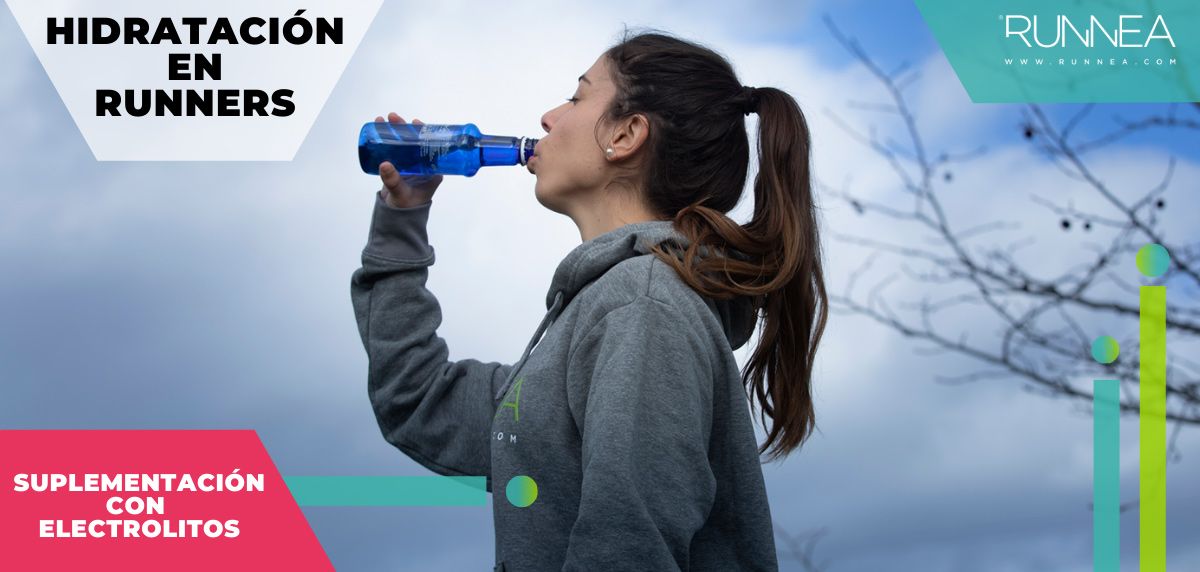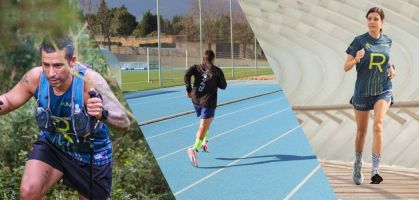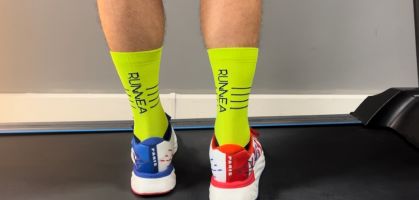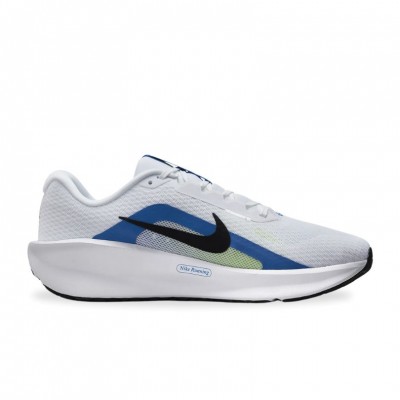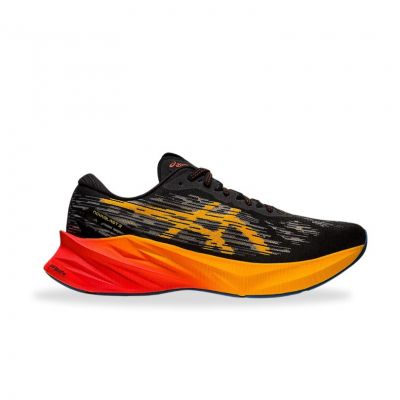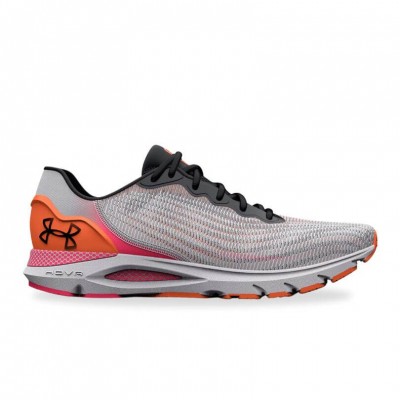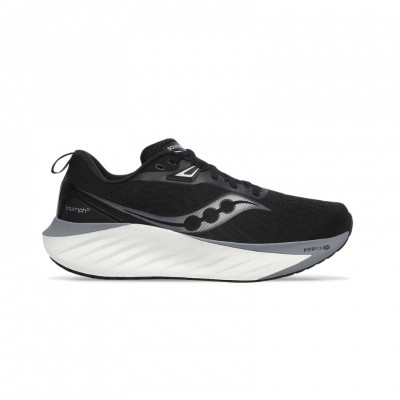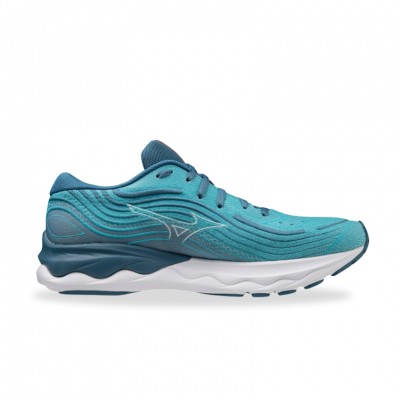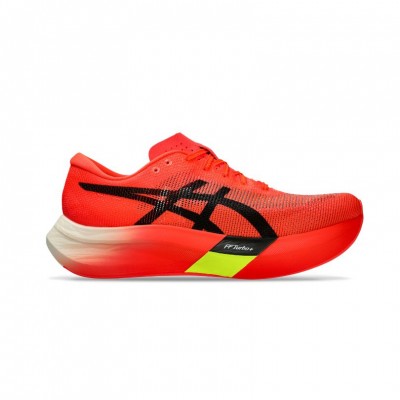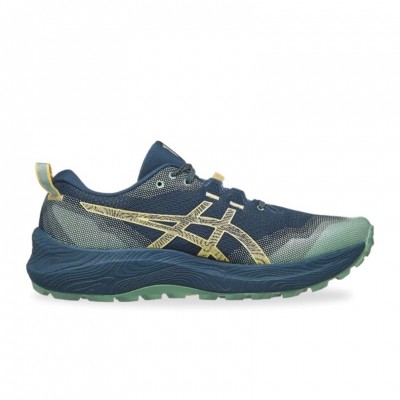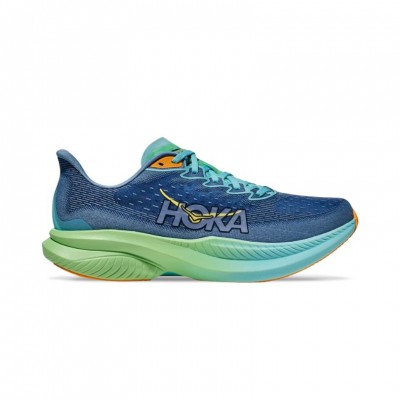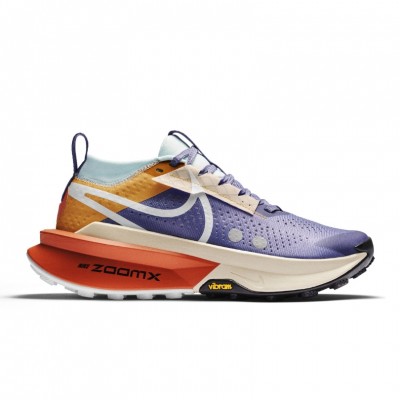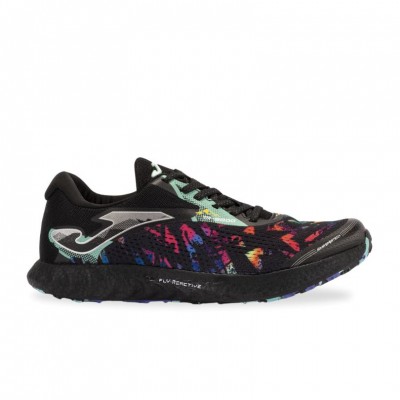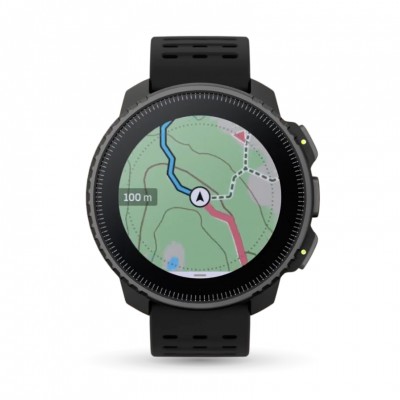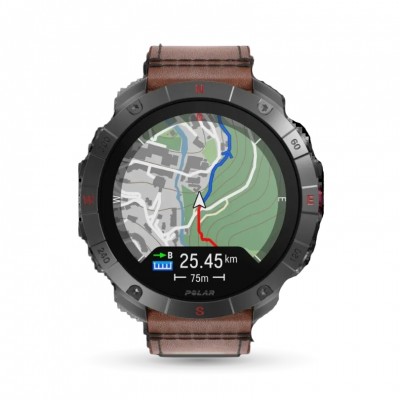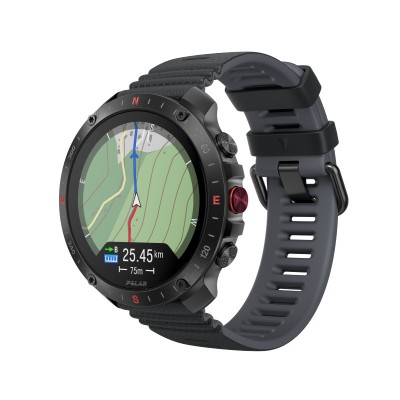With the heat and good weather, more and more of us are going out to run or exercise libre libre libre. Sometimes, our time availability makes us train at times when the heat is already present.
Temperature, solar radiation and humidity are factors that favor the increase in body temperature during exercise, hindering the mechanisms we have to thermoregulate. We are homeothermic beings, and therefore an increase in the internal temperature of our body will lead to different responses to try to keep our temperature as stable as possible.
The main mechanism we have to fight against this hyperthermia (temperature increase) is sweating. By sweating we will be able to maintain a stable temperature inside us. However, maintaining exercise for a prolonged period of time will accentuate this sweating and therefore dehydration. Obviously, dehydration will be positively related to the intensity and duration of exercise. In turn, the environment in which exercise is performed (temperature, humidity, wind, etc.) will influence whether thermoregulation and subsequent sweating is facilitated or hindered.
The vital role of electrolytes in hydration for runners
When we speak of dehydration we commonly refer to the process by which a fluid deficit occurs. In other words, we lose more fluids than we replenish and there is a progressive reduction in the total water content of our body. This decrease is a normal part of our daily lives and that is why we drink, to replenish the imbalance. However, the fact that this deficit increases during exercise will have different effects on our body.

- You may be interested in: The 10 foods that help you boost your immune system.
Dehydration is not only a loss of water (intra- and extracellular), but also a loss of solutes (mainly electrolytes). The loss of the latter will vary depending on the athlete, with the levels of sodium (Na+) and chloride ions (Cl-) showing the highest presence in sweat (Lara et al., 2016). In contrast, potassium (K+) and magnesium (MG2+) ions remain relatively stable, with calcium (Ca2+) ions suffering a reduction.
The loss of these electrolytes, together with the decrease in plasma volume (due to sweating), will increase the concentration (plasma osmolarity). These situations will make it possible to reduce the sweating rate, which will lead to a worsening of our thermoregulation. In turn, if this situation of dehydration is maintained, the internal temperature will increase progressively causing the intensity of our practice will have to decrease or cease.
To give us an idea, a study by Armstrong and colleagues (1985) noted that a 2 decrease in body weight, due to a loss of body water, will result in a 20% reduction in our aerobic capacity.
This decrease in performance will be preceded by an increase in internal temperature, but also by an increase in blood viscosity and a difficulty in irrigating the active musculature during exercise, among other factors.
On the other hand, dehydration is directly related to the reduction of short-term memory. It will significantly increase the reaction time and decrease concentration, this fact will have to be taken into account in races such as trail running, since they occur in changing environments and uneven ground.

Is electrolyte supplementation effective?
Supplementation with electrolytes, especially Na+, in certain circumstances such as long training runs in hot and humid conditions can be a good option, as long as it meets real needs, and this supplementation is limited in time.
We will not always have to take electrolytes when we go running, and not all of us will have to take the same amount of electrolytes.
On the other hand, rehydration after a demanding training or a long distance competition plays a fundamental role in recovery. For this rehydration to be real and effective, it must be ensured that the liquid ingested has the optimal amount of Na+ to ensure good water absorption. Otherwise we will simply increase the volume of urine excreted (Shirreffs et al. 1996).
- You may be interested in: Canary Island banana, the best food to eat before and after a training session
References
- Baker, L. B. (2017). Sweating Rate and Sweat Sodium Concentration in Athletes: A Review of Methodology and Intra/Interindividual Variability. Sports Medicine.5
- Shirreffs, S. M., Taylor, A. J., Leiper, J. B., & Maughan, R. J. (1996). Post-exercise rehydration in man: Effects of volume consumed and drink sodium content. Medicine and Science in Sports and Exercise. https://doi.org/10.1097/00005768-199610000-00009.
- Armstrong, L. E., Hubbard, R. W., Szlyk, P. C., Matthew, W. T., & Sils, I. V. (1985). Voluntary dehydration and electrolyte losses during prolonged exercise in the heat. Aviation Space and Environmental Medicine.
Read more news about: Running Training
